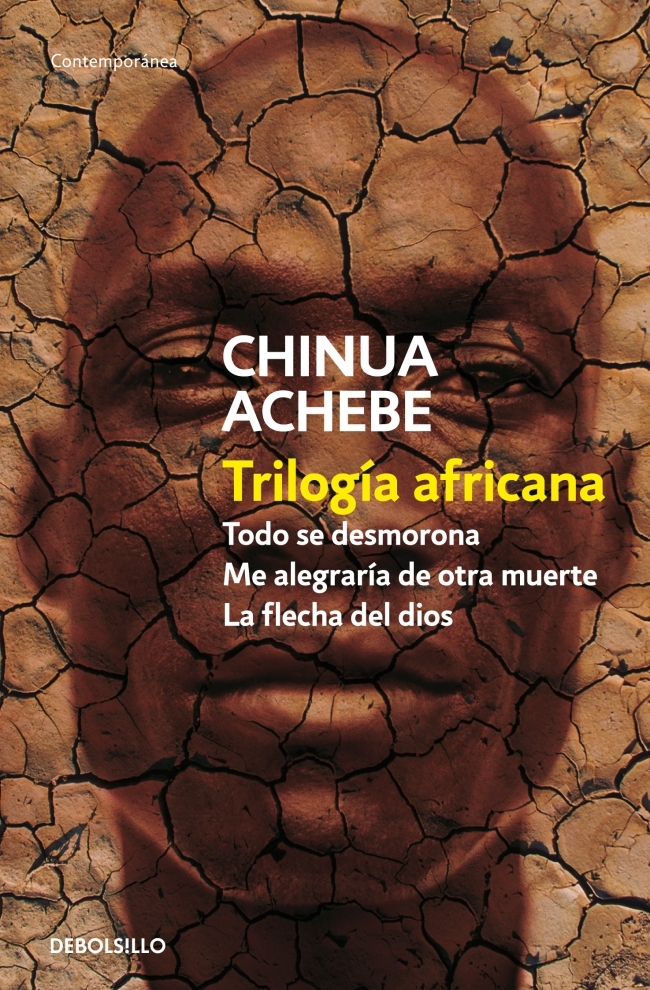What do you think?
Rate this book


704 pages, Paperback
First published October 7, 1988
“I have travelled in Olu and I have travelled in Igbo, and I can tell you that there is no escape from he white man. He has come. ”THINGS FALL APART - 3,5 stars - (review)
"British administration of Nigeria was imposed at the start of the 20th Century and ended with independence in 1960, so Achebe's birth in 1930 came almost exactly halfway through the colonial period." - Quoted directly from the foreword
"To occupy a 'European post' was second only to actually being a European." -From No Longer at Ease